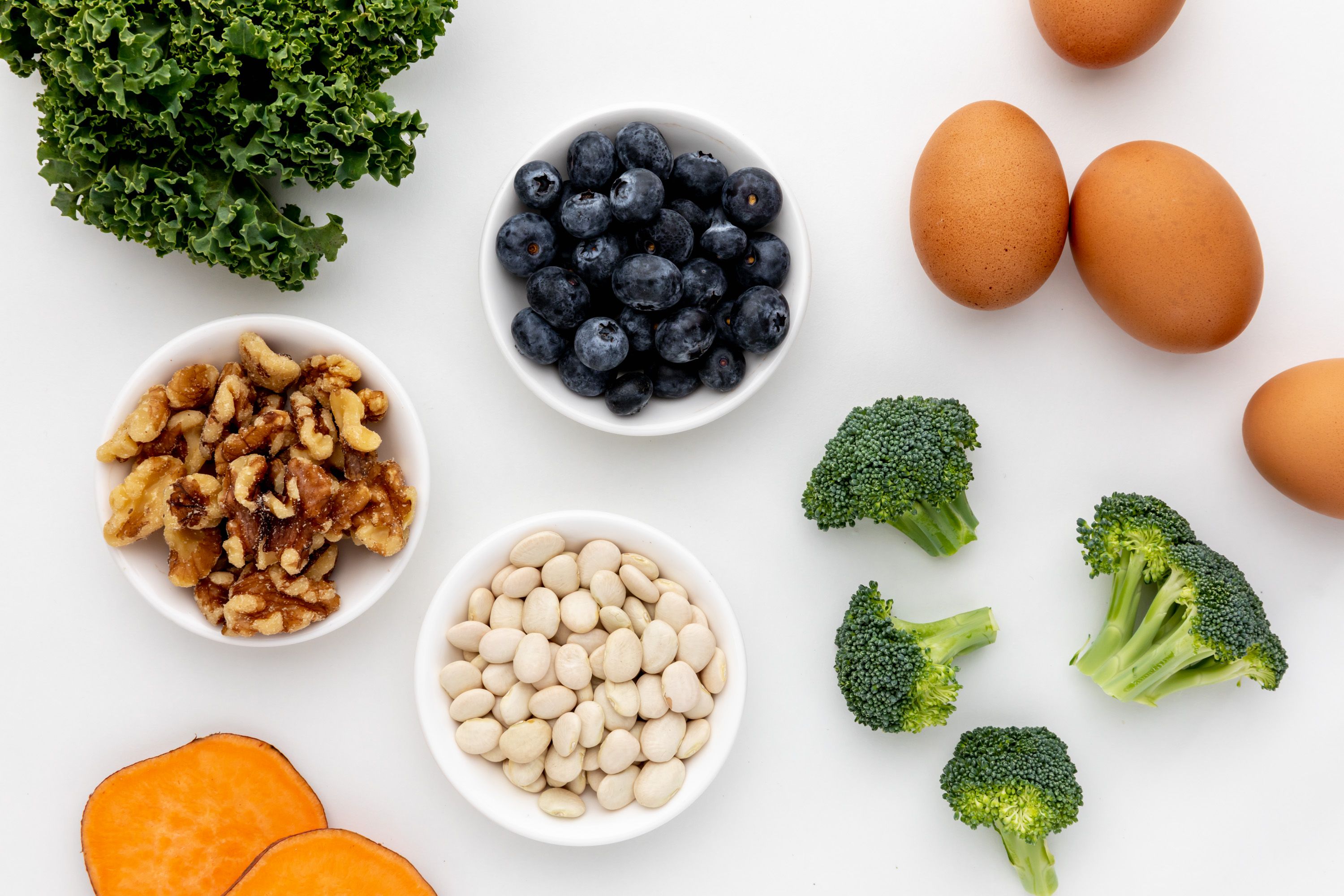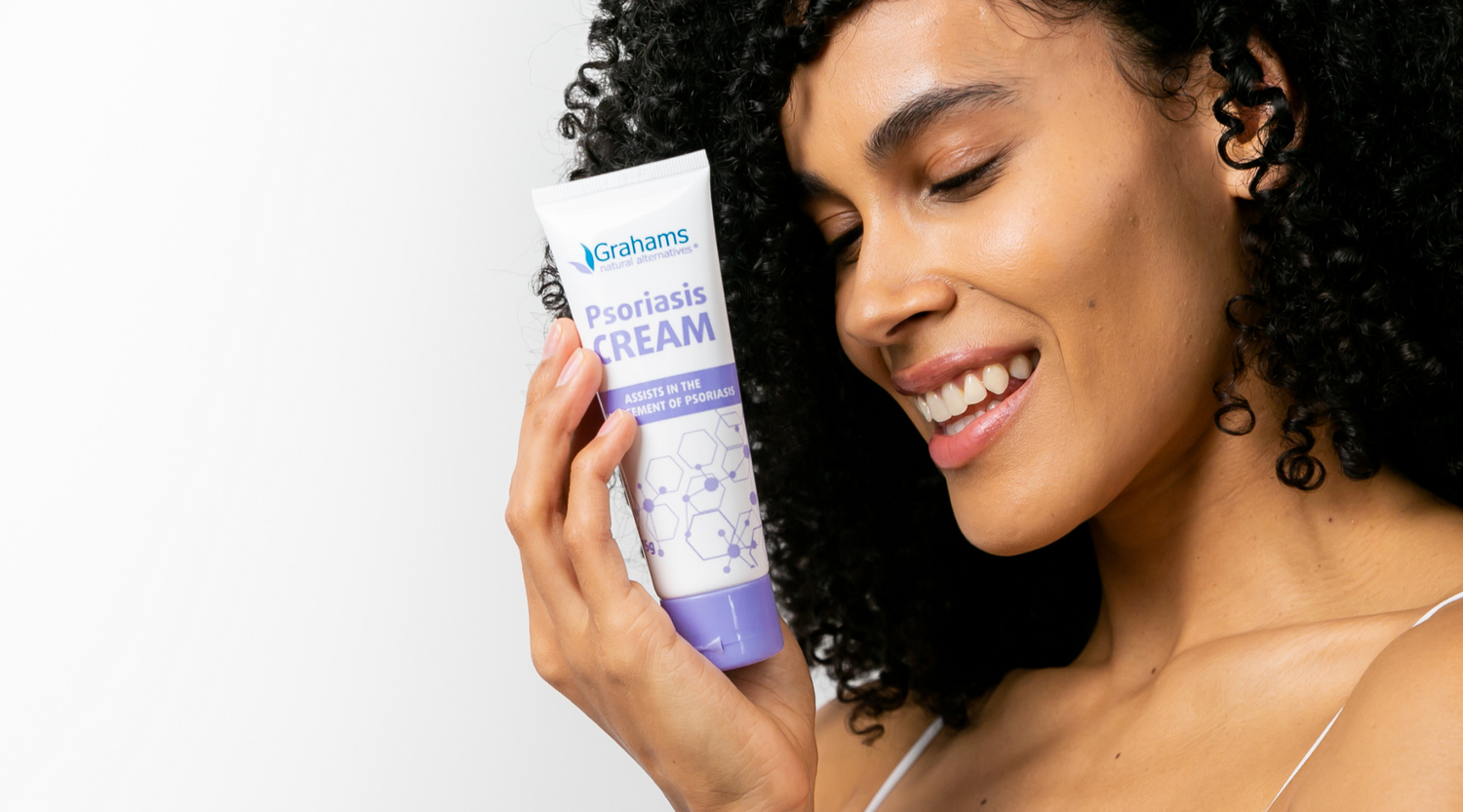Managing a skin condition may be challenging but never impossible.
While there’s no specific ‘psoriasis-friendly diet’, some people with the condition swear that eliminating certain foods and drinks offers relief from symptoms. According to Jerry Bagel, MD, dermatologist and director of the Psoriasis Treatment Center of Central New Jersey in East Windsor, this could be true although there is no scientific evidence yet. Still, Dr. Bagel says, it can’t hurt to limit or cut out certain foods and drinks that seem to aggravate your psoriasis symptoms. For instance, a 2017 study found over 50% of respondents (1,200 people with psoriasis) reported an improvement in symptoms after reducing their intake of alcohol, gluten, and nightshades.
Let’s take a look at the foods that are commonly reported to trigger flare ups. With psoriasis, it’s important to avoid foods that can trigger inflammation. Inflammation and the immune system response can lead to a flare up.
Alcohol
Alcohol is believed to be a psoriasis trigger due to its disruptive effects on the various pathways of the immune system. Generally, it is recommended men have no more than two drinks a day, and for women, no more than one.
If you have severe psoriasis or you take certain medications, like acitretin and methotrexate, your doctor may recommend you to cut alcohol completely.
Red Meat, Dairy & Eggs
Red meat, dairy and eggs contain arachidonic acid, a polyunsaturated fat that can worsen psoriasis symptoms because it can be converted into inflammatory compounds. In fact, a study by the British Journal of Dermatology found that by-products of arachidonic acid may assist in the production of psoriatic lesions. You might want to try cutting out or reducing your intake of:
- Red meat, especially beef
- Sausage, bacon, and other processed red meats
- Eggs and egg dishes
Junk Food
I think we all know junk food in general is not good for your overall health because they contain sodiums, sugars, and trans-fat which all promote inflammation. Another reason to cut down on junk food is because they are high in calories and low in nutrients, and people with psoriasis often have weight problems. Being overweight increases your risk of several health problems, including heart and vascular diseases.
Nightshade Plants
The consumption of nightshade plants - such as peppers, white potatoes, eggplant, and tomatoes - are commonly reported as triggers for psoriasis flare ups. These plants contain a chemical compound called solanine which has been shown to affect digestion and potentially cause inflammation.
Gluten
Studies have shown people with psoriasis have increased markers for gluten sensitivity. For those people, avoiding gluten may help improve psoriasis symptoms. If you suspect gluten is a trigger for your flare ups, it’s recommended to visit your GP and ask to be tested for celiac disease.
Psoriasis-Friendly Foods
As we said earlier, research is limited on what foods assist in the management of rosacea, and what triggers it. However, as psoriasis is an inflammatory condition, many people say they can manage it better if they eat more inflammation-fighting foods.
Although we can’t definitely say consuming anti-inflammatory foods will help your eczema, these foods are generally healthy, so it shouldn’t hurt to give them a try. They include:
- Fruits such as strawberries, blueberries, cherries and oranges
- Green leafy vegetables, such as collards, kale and spinach
- Nuts like walnuts and almonds
- Foods rich in omega-3 fatty acids such as salmon, tuna, sardines.
- Antioxidant-rich herbs and spices
- Heart-healthy sources of fat, like olive oil, seeds, and nuts
Studies have shown an increased intake of omega-3 fatty acids can assist in the management of psoriasis. When most people think of omega-3 they think of those big fish oil tablets. But did you know there’s a liquid alternative that doesn’t have a fishy taste, and is easier to take?

Introducing our Mega Oil. Mega Oil is one of the unknown gems of great skin care. The internally ingested oil contains fatty acids such as Omega 3, 6 and 9 that are known to improve the skin by maintaining its healthy appearance. Omega 3 has been known to significantly improve inflammation in the body, while Omega 6 and 9 have been shown to improve the skins appearance by providing essential hydration to create a smooth protective barrier.
Fatty Omega oils are essential to the body as the body cannot make them on its own and have many great benefits outside of the skin. Omega oils combined with the multitude of rich nourishing oils in Mega Oil can also help in gut issues that can contribute to some skin disorders or problems such as psoriasis.
Mega Oil can be consumed straight from the bottle, or added to your favourite foods from pasta, rice, vegetables, salads, yoghurt or fruit. Here are a few recipes to get you started.
Disclaimer: Please keep in mind that although these recommendations might relieve psoriasis, we are in no way medical professionals. If you’re experiencing severe psoriasis symptoms like fever or an infection, it is best to seek medical advice immediately.





